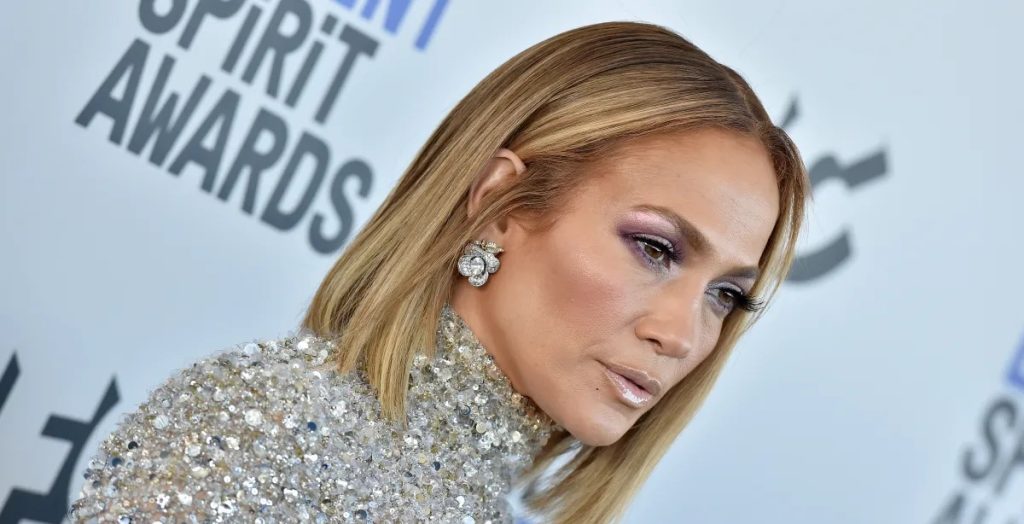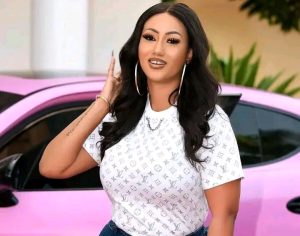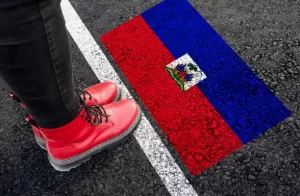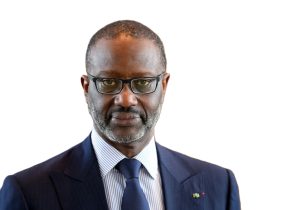Jennifer Lopez sued in copyright case for posting photos of herself
3 min read
Jennifer Lopez faces lawsuit for posting paparazzi photos of herself without permission.
Jennifer Lopez is once again at the center of a copyright controversy—this time for posting pictures of herself on social media without the photographer’s permission. The globally recognized singer and actress is being sued by a photographer and a paparazzi agency after sharing two images of herself from a Hollywood party earlier this year.
The photos were taken in January outside the Amazon MGM Studios and Vanity Fair Golden Globes after-party at the iconic Chateau Marmont in Los Angeles. Lopez, wearing a white dress and matching faux fur coat, posted the glamorous snaps on her Instagram and X (formerly Twitter) with the caption, “GG Weekend Glamour.”
While the photos received thousands of likes and were widely reshared by fashion pages and fan accounts, the photographer who captured them, Edwin Blanco, and the paparazzi agency Backgrid, claim Lopez used the images without authorization. Both have filed separate lawsuits, asserting their copyright ownership of the photos and seeking up to $150,000 in damages per image.
According to legal filings, the lawsuit argues that Lopez’s post served a commercial purpose, as it promoted her public appearance and elevated engagement on her social media platforms. The plaintiffs claim that the post boosted her brand visibility, showcased designer affiliations, and ultimately contributed to marketing efforts tied to her public image.
“Ms Lopez’s unauthorized use of the images is commercial in nature, intended for the purpose of self-promotion,” the lawsuits stated. “For example, Ms Lopez used the images to spotlight the designer of her clothing and jewelry, leveraging the publicity from the event to promote her fashion affiliations and brand partnerships.”
The legal debate centers around a key point of copyright law: being in a photograph does not make someone its legal owner. The copyright typically belongs to the photographer or their agency, who have the right to license or restrict its use. Celebrities, despite being the subject of such photos, must obtain permission—or pay licensing fees—before sharing them publicly.
The lawsuits also allege that Lopez’s team was contacted after the posts went live. According to the plaintiffs, there was communication with her representatives and an agreement was drafted, including terms of payment. However, the deal has reportedly not yet been finalized or signed, prompting the legal action.
As of now, Jennifer Lopez’s team has not responded publicly to the lawsuits. The BBC has reached out to her representatives for comment.
This isn’t the first time Lopez has found herself in this kind of legal bind. She has previously been sued for similar copyright violations in 2019 and 2020, after sharing paparazzi photos of herself without permission. Other celebrities have also faced legal trouble for similar actions—among them Dua Lipa, Khloe Kardashian, and Gigi Hadid—highlighting a recurring issue in the age of social media and digital branding.
The case underscores the growing tension between celebrities and photographers in the social media era. While stars often rely on paparazzi images to maintain visibility and promote their brand, photographers and agencies insist on being compensated for their work. The clash raises important questions about creative ownership, fair use, and the evolving definition of “public domain” in the world of online content.
As the case unfolds, it could set a precedent for how public figures use paparazzi images and how photographers protect their intellectual property. If successful, the lawsuit could reinforce the idea that celebrities must pay to post, even when it’s a picture of themselves.






